Automatic number plate recognition in crime fighting.
VERFASSUNGSGERICHTSHOF
Verfassungsgerichtshof
Freyung 8, A-1010 Wien
G 72-74/2019-48,
G 181-182/2019-18
11. Dezember 2019
Automatic number plate recognition as well as covert surveillance of encrypted messages may be a suitable means for fighting crime and terrorism. However, such measures are disproportionate and therefore violate the right to respect for private life if they apply to cases of (serious) property crimes.
In so far as the automatic transmission of personal data gathered by automatic speed monitoring systems to security authorities was concerned, such a measure was also disproportionate and unconstitutional if it applied regardless of whether the behaviour of the persons concerned had given rise to its use.
Summary:
1. Section 54 of the Security Police Act (Sicherheitspolizeigesetz) allows security authorities to covertly collect and store (image) data in order to identify vehicles and vehicle drivers. Section 98a of the Road Traffic Act (Straßenverkehrsordnung) regulates the transmission and storage of data from automatic section‐related speed monitoring (“Section Control”). Section 135a of the Code of Criminal Procedure (Strafprozessordnung) provides authorisation to monitor encrypted messages by installing a so‐called “Federal Trojan” in a computer system.
Under certain circumstances, this may include the power to intrude into and search apartments for the purpose of installing such a trojan without the knowledge of the person concerned.
The Constitutional Court held that monitoring of use of computer systems covertly constituted a serious interference with the privacy protected by Article 8 ECHR and is only permitted within extremely narrow limits in order to protect equally important legal interests. The “Federal Trojan” is a particularly intense form of surveillance measure, particularly because an overview of the data obtained by monitoring a computer system enables conclusions to be drawn about individual users’ personal preferences, tendencies, and lifestyle, among other things. Moreover, the trojan affects a large number of people, including individuals who are uninvolved with the person who is subject to the surveillance. According to the Court, Section 135.a of the Code of Criminal Procedure violated Article 8 ECHR because there was no guarantee that the surveillance measure would only take place if it was used to prosecute and solve sufficiently serious offences. Additionally, it was unconstitutional because the measure did not adequately secure the protection of the privacy of those affected by the trojan. The Constitutional Court pointed out there was no guarantee that after the ex ante judicial approval of the measure, the competent legal protection officer would actually be able to effectively and independently control any on‐going monitoring.
Petani Law Firm – #1 Law Firm in Durrës, Albania.
